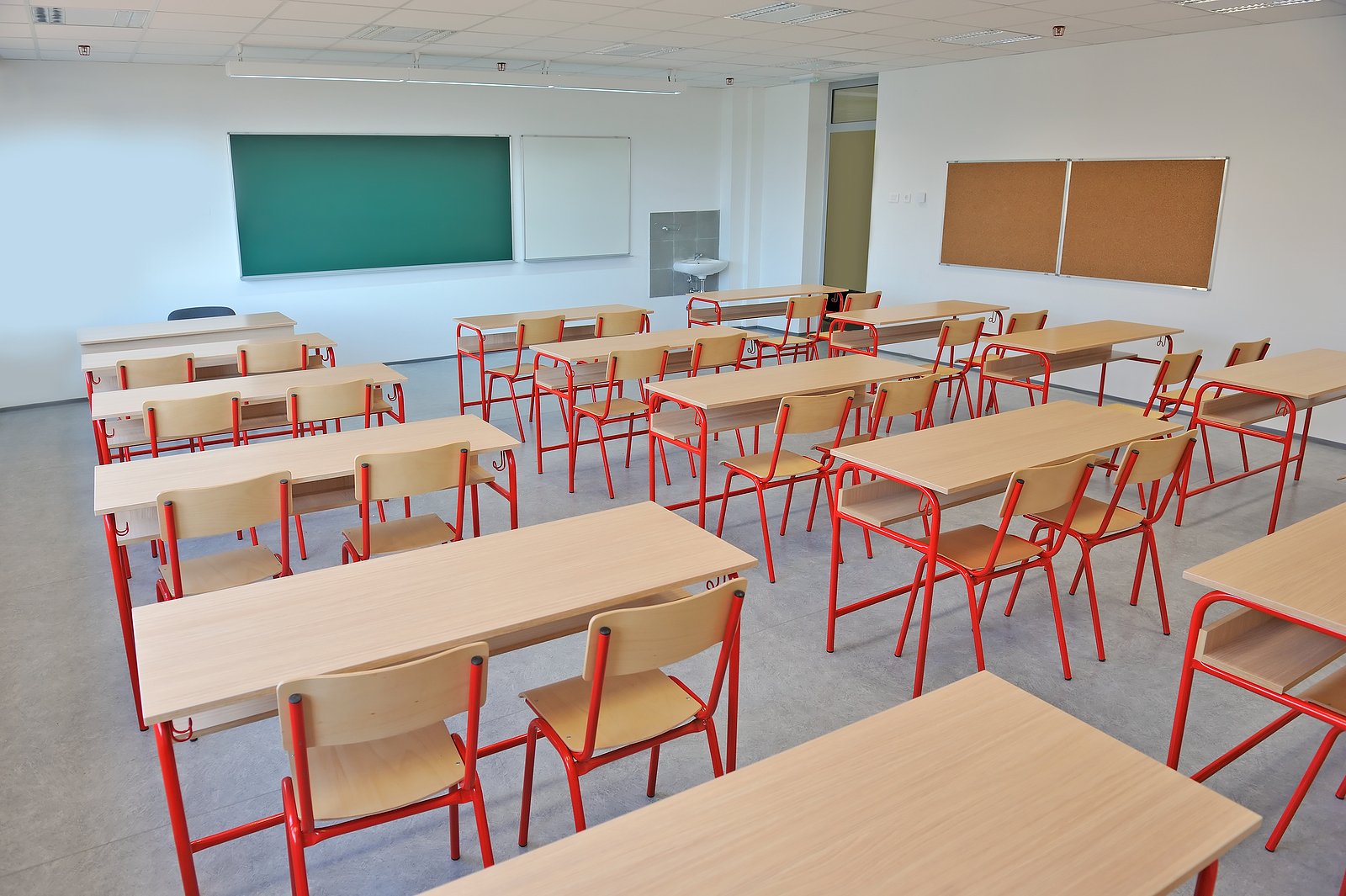Large Firm Service. Small Firm Attention.

SHARE
NYSED Issues Opinion that Students with Disabilities Should Receive Services Until 22
Published September 28, 2023
The New York State Education Department provided an opinion this summer on extending eligibility for students with disabilities until age 22. NYSED has finally acknowledged that a 2021 Second Circuit decision, A.R. v. Connecticut Board of Education, requires that public schools in New York provide special education and related services to resident students until age 22, or the day before the student’s 22nd birthday, provided they have not graduated.
In the A.R. decision, the Second Circuit held that IDEA required Connecticut to provide a free appropriate public education (FAPE) to all children with disabilities who had not received high school diplomas until their 22nd birthdays. The court relied upon a previous case holding that the phrase “3 through 21 inclusive” in the Individuals with Disabilities Education Act (“IDEA”) means every day up and until a student’s 22nd birthday (i.e., up to 21 and 364 days). It additionally held that the “public education” owed to these students includes services:
(1) at public expense with significant state or local governmental funding;
(2) under the administration, supervision or oversight of a state educational agencies; and
(3) with the objective of educating students up to the level of academic proficiency associated with the completion of secondary school.
NYSED has noted that New York State law defining eligibility for special education is essentially indistinguishable from the Connecticut law challenged in A.R. NY Education Law § 4402 provides that eligibility for special education services lasts only until the conclusion of the school year in which a student turns 21. However, New York, like Connecticut, offers publicly funded adult education programs to non-disabled students in this age group. Thus, the finding of A.R. that the conflict between federal law (IDEA) and state law (services for adults) required public schools in Connecticut to provide special education and related services to resident students with disabilities at least until their 22nd birthdays — equally applies in New York.
NYSED has noted that the fact that students’ 22nd birthdays may fall at any point during a school year, however, is a complication not addressed by the A.R. decision. While not required by the decision, SED’s Office of Special Education recommends that school districts consider providing such services through the end of the school year in which the student turns 22 or upon receipt of a high school diploma, whichever occurs first. NYSED recommended that this issue should be part of the larger discussion between schools and families concerning students’ transition “from school to post-school activities.”
Keep in mind that New York State Education law has not yet specifically changed and not all school districts will follow this opinion. Thus, if you believe that your student should not age out of special education at 21, reach out to an attorney experienced in education. Keep in mind that, due to lost services from COVID, New York legislation, enacted in 2022, has also encouraged districts to allow students with disabilities additional time beyond 21 to receive lost services, in some cases until June 2024. For some background reading on NY’s guidance on aging out, see Aging Out of Special Education in New York.
Categories
Recent Posts
Explore In-Depth

Corporate & Securities

Elder Law & Estate Planning

Special Needs Planning

Special Education Advocacy


